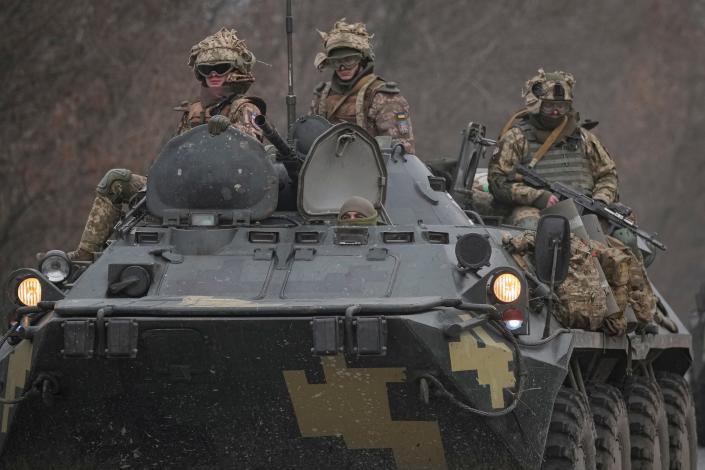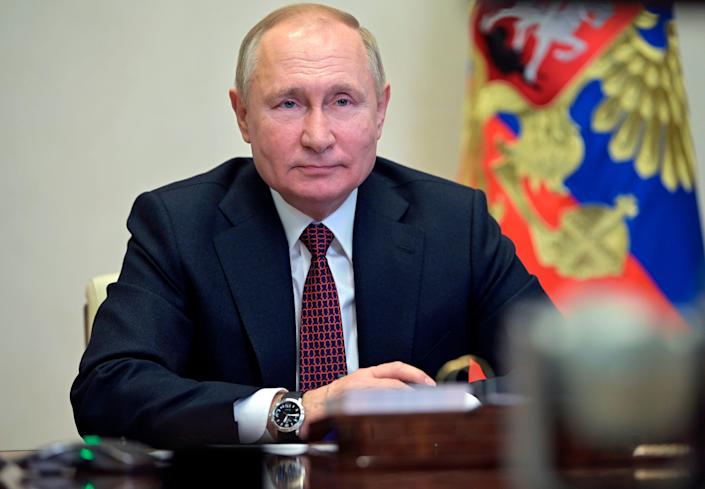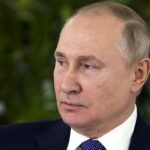
Last Friday, a winter storm delayed our connecting flight back home to Cincinnati. We decided to make the most of it. The next day, we had brunch at a favorite New York restaurant. We ate well. Probably too well. Then we browsed at a favorite New York bookstore. While our eldest went off to explore the fiction section, I ascended to the second floor to examine two of my favorite subjects: philosophy and religion. Specifically, my own.
But I was shocked to find that the entire Islam section consisted of only half a shelf. Maybe, I told myself, there wasn’t much demand for religion in this neighborhood. But that didn’t seem right to me. I’d just come from a lecture at Dartmouth’s very prestigious Tuck School of Business, where I told a group of high-achieving students, most of whom did not come from a Muslim background, that understanding the world’s fastest-growing faith was important.
That one day such understanding might even be urgently necessary.
Before we left that Manhattan bookstore, I took a few pictures of the Islam shelf, sure that at some point the dangers of this relative indifference would reveal themselves. Sadly, I’d not be disappointed. Just a few days later, a graduate of another renowned American business school – it’s in Cambridge and perhaps you’ve heard of it – made headlines when he callously explained that, in his opinion, Bulgaria would have no problem welcoming Ukrainian refugees, who were after all properly “European,” “intelligent” and “educated.”


Why did this matter? Well, for one thing, this Harvard alumnus, Kiril Petkov, is the Prime Minister of Bulgaria. He has an impressive resume, to be fair, including an undergraduate degree from the University of British Columbia. He is certainly (superficially) educated. But what does that learning amount to? Clearly, Petkov meant that Ukrainians fleeing Putin’s brutal war machine are more deserving of our compassion than Syrians who, unfortunately for him, were also fleeing Putin’s brutal war machine.
But never mind that.
Perhaps the prime minister’s comments were meant to mask religious supremacism: Christians deserve priority. Muslims can go elsewhere. This is a curious thing for the prime minister of the European Union member-state with the highest percentage of Muslim citizens to say. And if you’re wondering, those Muslims are largely the descendants of Turks who settled the region centuries ago, or the descendants of Bulgarians who voluntarily converted, and did you know Bulgarians and Turks share an ancient connection anyway?
But maybe he meant some Europeans are more European than other Europeans for entirely made-up reasons.
Or perhaps Petkov’s comments betrayed a racial and ethnic hierarchy. But that’s also a strange position for the prime minister of a country dependent for its security on a diverse superpower whose vice president is the daughter of immigrants of color, and whose secretary of defense is a retired African American general. Or perhaps his comments just betray what too many of our meritocratic elites think of themselves versus others, though they usually keep their contempt to themselves. (I’m not sure if that’s better or worse.)


Like every other American (hopefully, at least), I am horrified by Putin’s entirely unjustified invasion of Ukraine. What’s happening to Ukrainians is awful without caveats. I also think President Biden’s patient response, rallying and rejuvenating the West, is not just right but admirable. But while we confront the very real threat of an authoritarian demagogue, for whom people are means to ends, let us not fear applying some moral rigor to ourselves either. Consider that what allegedly offends us about Putin is his brutish inegalitarianism.
He subordinates Ukraine to Russia, and Russia to himself. For him, all people might have been created by God, but certainly not equally. That contrasts starkly with what we like to think we believe about ourselves, not to mention how we treat others. When I was teaching that class at Dartmouth, the invasion of Ukraine had just started. I made the war part of the class; indeed, I asked each student to think carefully about how the West should respond. Beginning with defining what the West is – and isn’t.
One of the answers? “An illusion of meritocracy.”
Too many elite Americans think their privileges reflect an innate superiority. We see this in how some white Americans look down on Americans of color. We see this in how some rich Americans look down on poor Americans. Rather than assume an elite education is a mark of some inherent quality, the universe merely formalizing what you knew all along was indisputably true about you, what if we taught people to see their access as a responsibility instead?
That you shouldn’t think of your admission to Harvard as proof of your specialness – but as a test of your character.
Here’s some privilege. Will it change how you think of yourself? Will it change how you relate to others? What bothered me about the puniness of the Islam section at that bookstore was that it betrayed an abdicated responsibility. Yes, every store must meet the demand of its customers. But education is not just about telling people what they want to know. It’s about telling them what they need to know. That’s – theoretically, at least – why someone would pay astronomical sums for an education.


In the belief that they’d be provided insight into the world they couldn’t otherwise glean. Not to be reassured that they were right all along.
Islam is the world’s fastest-growing faith. By the end of the century, nearly 1 out of 3 people in the world may be Muslim by faith or ancestry. We cannot navigate a complex, volatile world without knowing about its constituent parts. Just consider Ukraine. If not for the casual Islamophobia modeled by Petkov, and countless others, we would have paid far more attention to Putin’s other vicious military interventions – in places like Syria, Libya, Chechnya and, of course, his backing of mass murderers in the Balkans.
We would’ve seen that these were dry runs for theaters closer to home.
But we didn’t, because we could hardly bring ourselves to care about the people who we decided were insufficiently like us to matter to us. Until we woke up one day and the world’s other military hyperpower was firing missiles and dropping bombs just miles from NATO’s borders. Studying another faith might teach us to regard its adherents with compassion. While studying history might teach us another lesson: Strongmen always start by targeting the weak and the vulnerable. They don’t ever stop there, though.
Haroon Moghul lives in Mason and is the author of “Two Billion Caliphs: A Vision of a Muslim Future” (April 2022). He writes about faith and family at his Substack, Sunday Schooled.


This article originally appeared on Cincinnati Enquirer: Opinion: Prejudice empowers Putin’s military interventions




